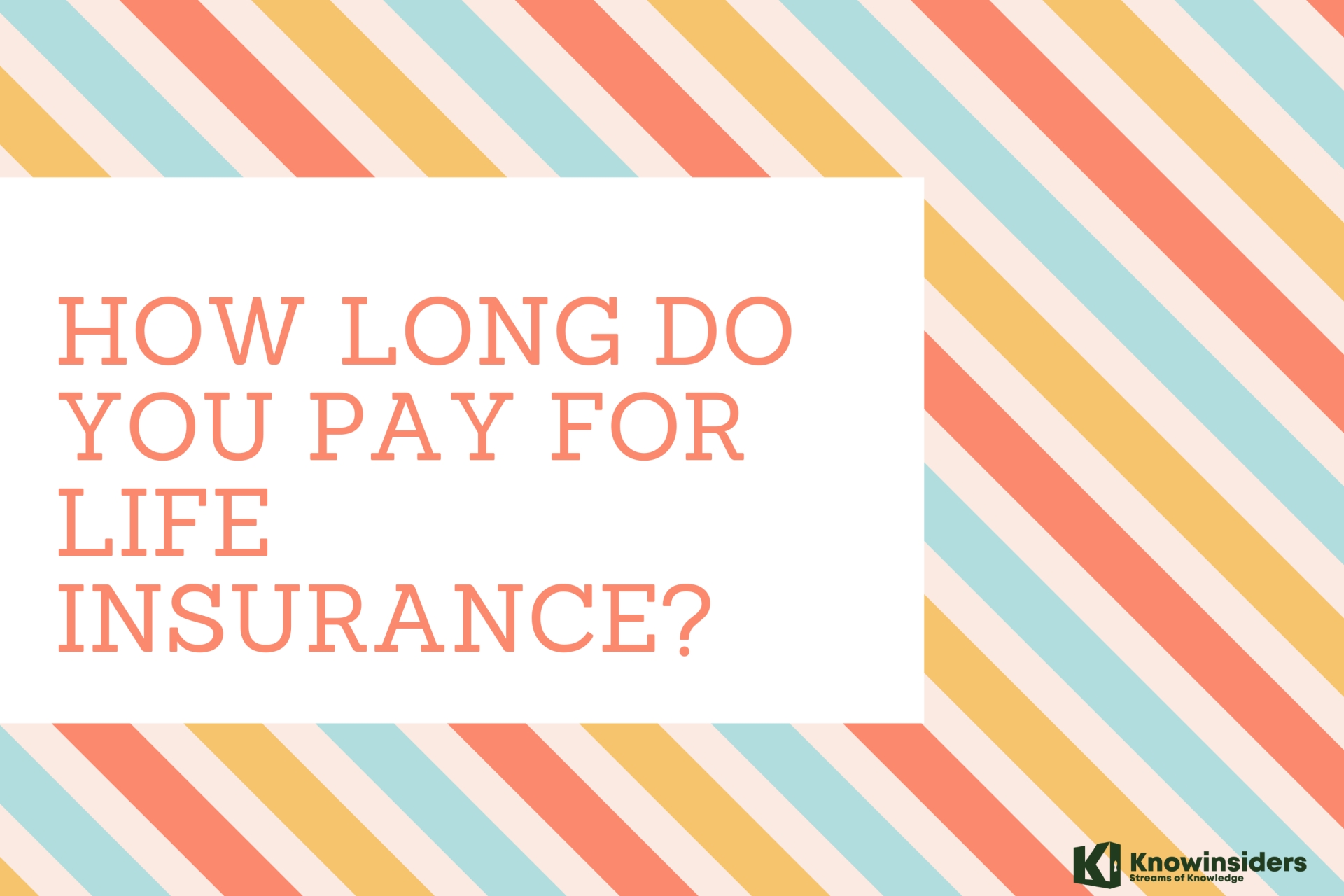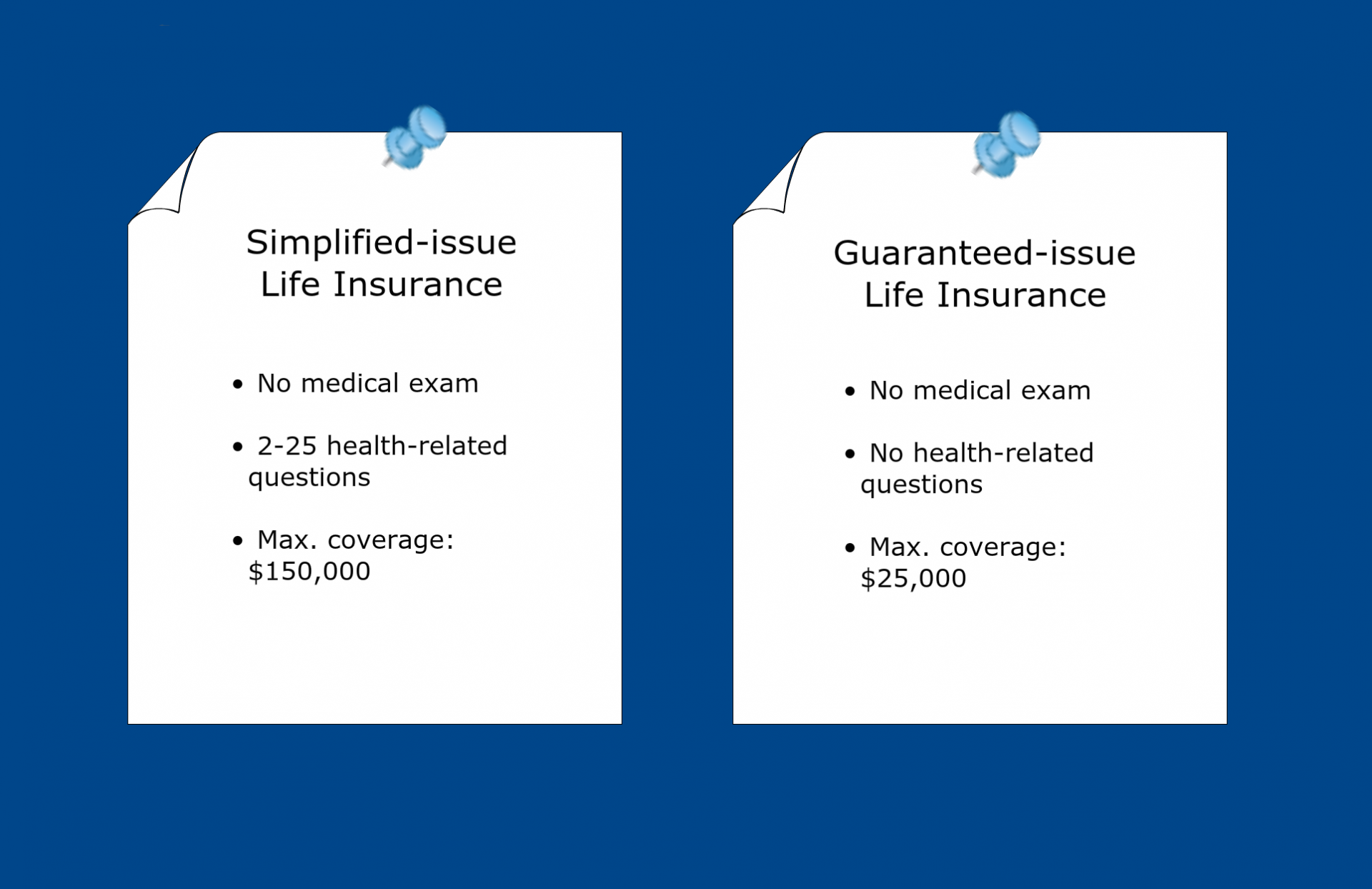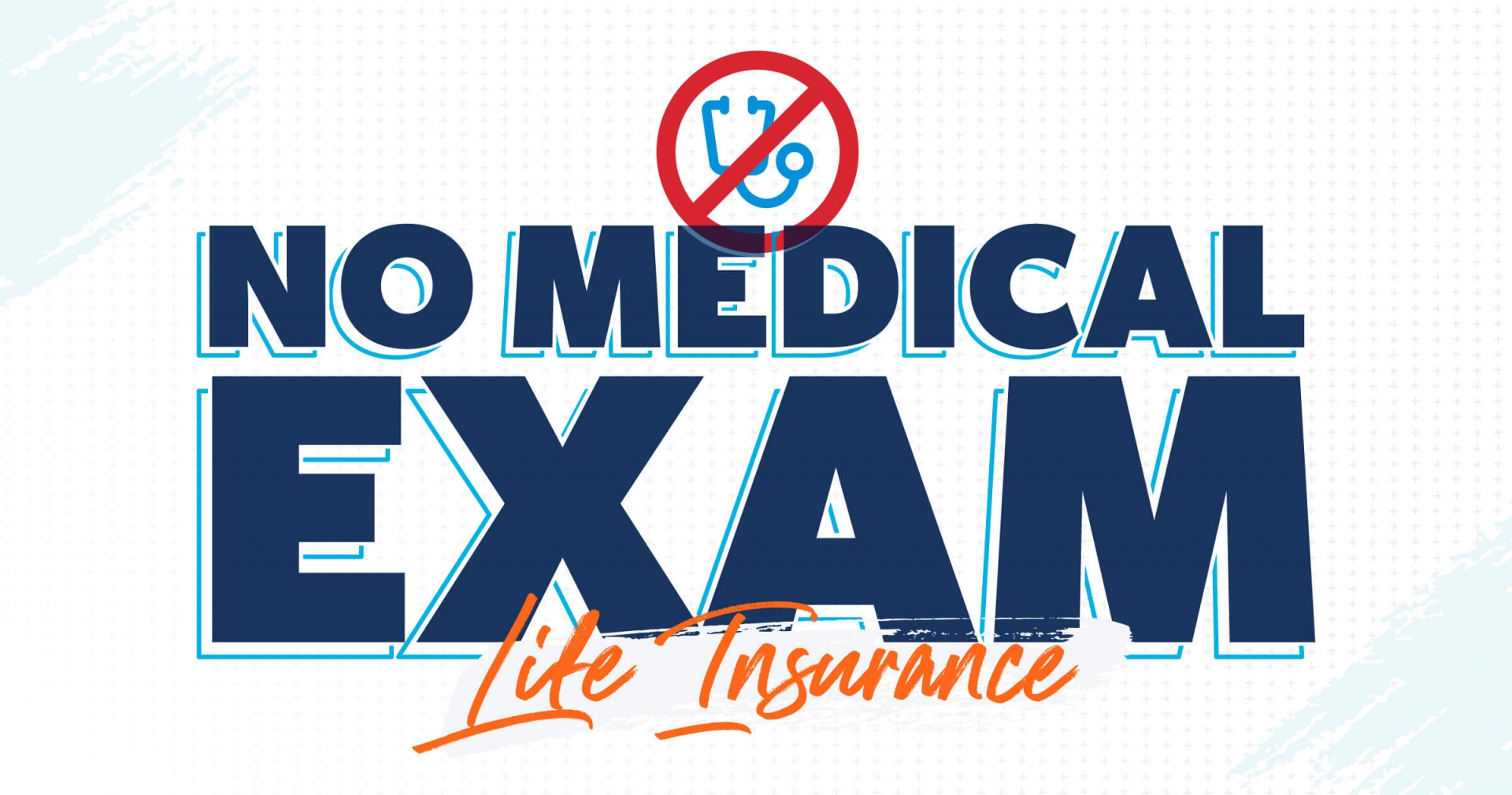What Type of Life Insurance is Right for You?
 How to Accelerated Benefits of Life Insurance How to Accelerated Benefits of Life Insurance |
 Life Insurance: Which Term Length is Right for You Life Insurance: Which Term Length is Right for You |
 |
| How Many Main Types Of Life Insurance In The World? |
| Contents |
Agreements between an insurer and a policyholder form the basis of a life insurance policy. When the policyholder dies, the insurer is obligated to pay the policy's death benefit to the beneficiaries who were named in the policy in exchange for the premiums paid during the policyholder's lifetime.
The insured's current and previous health conditions, as well as any high-risk activities, must be truthfully disclosed on the life insurance application in order for the contract to be enforceable.
What are the basic features of a life insurance policy?
Life insurance protects your family financially if you die. Several factors determine how a policy fulfills that promise:
The insurance company's death benefit. Income-tax-free.
Death benefit recipients: It can go to one person (e.g., a surviving spouse) or be split between several people (e.g., a spouse gets 50% and two adult children get 25%). You can leave all or part of your death benefit to an entity, like a charity, instead of a blood relative or person.
The insurer's death benefit period. Term policies are 10, 20, or 30 years long. Permanent policies are whole life and universal life if premiums are paid and the policy is funded to pay monthly expenses.
The premium—monthly or annual payments to maintain the policy.
The policy's investment component, which can be cashed out or borrowed against. Term policies are cashless.
What type of life insurance is best for you?
They're usually the cheapest, easiest to understand, and offer the most basic coverage.
Not all life insurance policies are bad. Permanent life insurance is marketed as a "forced savings vehicle." A permanent policy helps people save for retirement by accumulating cash for something they would pay for anyway (their life insurance policy).
Simplified and guaranteed issues Life insurance is available to older and sicker people. Elderly consumers can purchase final expense insurance to avoid burdening their families.
To choose an insurance company and policy, consult a licensed independent broker or financial advisor. They can help you evaluate each type of coverage and choose the best one for your needs.
The different types of life insurance?
1. Term life insurance
 |
| Photo: thetips |
Term life insurance is just that: Coverage for 10–30 years. It is called "pure life insurance" because it has no cash value, unlike whole life insurance. It only pays out if your beneficiaries die.
Most term policies have monthly level premiums. After the term expires, you must either go without coverage or buy a new policy, which will cost more as you get older. Many providers, including Guardian, let you convert a term policy to permanent life insurance for part or all of the coverage period. Employer-provided term life insurance rates increase "on attained age."
This calculator can estimate term life insurance costs at your desired coverage level. How long will your family need financial security? Most people wait until the kids are grown, the house is paid off, and the surviving spouse has a safety net.
2. Whole life insurance
 |
| Photo: investopedia |
Whole life insurance provides lifetime coverage. It has a cash value component like other permanent policies, which grows tax-deferred over time.
Three traits distinguish whole life policies from other permanent coverage:
The policy has guaranteed cash values that grow at a guaranteed rate and a guaranteed death benefit.
Cash value offers many lifelong benefits. After a few years, you can borrow against it, use it to pay premiums, or surrender it for retirement income.
Guardian whole life policies pay annual dividends on cash value. Your share of the insurer's profits can boost your policy's value and provide other benefits. Guardian has paid qualified whole life policyholders a dividend annually since 1868, though not guaranteed.
What is the difference between Whole Life vs. Term Life Insurance?Key differences between term and whole life insurance include: Duration: Term policies cover a set number of years, while whole life policies cover your entire life. Death benefits end when the term does. Cash value: A term policy's value expires. A whole life policy can help meet financial goals before and after retirement. The premium: Whole life premiums are higher for a $100,000 death benefit, but your beneficiaries will receive it. |
3. Universal life insurance
 |
| Photo: slideshare |
Another type of permanent insurance that shares the whole life's cash value and lifetime protection is the universal life policy. However, the premiums for term life insurance can be adjusted more freely than those for whole life.
You can adjust the premiums you pay for a universal policy up or down, within the policy's parameters. If you pay less now, you may have to pay more later to keep the same level of coverage. This type of policy is flexible enough to adapt to your changing needs while still providing you with a cash value that grows at a steady rate over time. There are many life events that could necessitate a balance of security and adaptability, such as adding to your family, changing careers, or securing a loan to buy a business.
4. Final Expense Insurance
 |
| Photo: novelwealth |
Final expense insurance (also known as burial insurance) appears reasonable at first glance due to its low cost. Advertisements will try to make you feel like you're helping your loved ones out by not making them pay for your funeral. Knowing that your loved ones will be taken care of after your death brings great "peace of mind," right?
However, buying burial insurance (which is also a form of cash value insurance) is purely an emotional decision that makes no practical sense at all. If you start putting away $50 a month at age 55, you'll have enough to cover the costs of your funeral.
So, let's say you make it to 78 years old (the average lifespan in America).
1 If you save $50 per month for 23 years, you will have saved over $13,000, and that's assuming you don't invest the money! Add this to your other savings, and after just one year of investing it at 10% annually, you'll have almost $53,000. The national average for a funeral is around $7,000. Instead of dealing with the hassle of dealing with an insurance company, why not just save up the money to pay for your own funeral?
5. Simplified issue and guaranteed issue insurance
 |
| Photo: nomedicallifeinsurance |
The majority of life insurance policies are underwritten, meaning that the insurer will conduct a medical exam as part of the application process. When applying for a simplified issue or guaranteed issue policy, you won't need to get checked out by a doctor. These policies are tailored toward those who may not pass a medical underwriting process due to age or preexisting conditions.
Simplified issues and guaranteed issues are available for some term policies as well as most final expense policies. Simplified issue policies eliminate the need for a medical exam in favor of an applicant completing a health questionnaire. No medical examination or questionnaire will be required of you in order to obtain coverage under a guaranteed issue policy. Higher premiums reflect the insurance provider's expectation of greater loss from providing these policies than from those that carry a lower risk profile.
6. Group life insurance
 |
| Photo: spectrumfa |
This refers to life insurance purchased as part of a larger group, such as through an employer as an employee benefit or a professional or trade association as a member perk. The majority of companies only provide term life insurance for their employees, but some also provide permanent coverage as a voluntary (and employee-paid) benefit.
Individual policies, purchased either through insurance agents or insurance companies themselves, were traditionally the most common way to acquire life insurance. There has been an increase in the number of people covered by group policies through their places of employment. The low cost of these plans is a result of the group or company "buying in bulk." Without the employee having to pay a dime, some companies offer term insurance to their staff at a level of protection equal to one year's salary. As an added bonus, for lower coverage amounts, group policies may be easier to manage, making it possible for employees with health issues to obtain coverage. However, there may be caps on how much you're covered for.
While group life insurance may not give you the protection you need, it is a simple and inexpensive way to get started with or add to your existing life insurance plan. Find out if the policy is portable to ensure that you can continue your coverage even if you leave your current employer.
 What Is Life Insurance: Meaning, History, Types and Benefits What Is Life Insurance: Meaning, History, Types and Benefits What is insurance and how it works? Let’s know more about the definition and the various benefits, features & types of life insurance. |
Other Types of Life Insurance Policies
The two primary types of life insurance—term life and permanent life—are just the tip of the iceberg. There are a wide variety of other insurance policies available from various insurance companies, all of which are intended to pay out death benefits in their own unique ways. In case you happen to come across other forms of life insurance in your research, here's a quick rundown of what they're about.
No Medical Exam Insurance
 |
| Photo: ramseysolutions |
Like trying out for a sports team, the first step in applying for a term or whole life insurance policy used to be a thorough medical examination. We're talking about taking your vitals, weighing you, and testing you for drugs! However, since the COVID-19 pandemic, touchless exams and no medical examination policies have become the norm. Top-shelf companies now offer this approach at the same rates as options that require a medical exam. Subcategories of life insurance that don't require a physical include:
Simplified Issue Life Insurance: These policies don’t require a medical exam, but they do require applicants to answer a health questionnaire.
Guaranteed Issue Life Insurance: The guaranteed issue has even fewer restrictions than the simplified policy—no health questions! Some companies don't offer this coverage to people over 80, and others limit it to people over 40. If you're in that wide range, you'll probably qualify. Graded death benefit is a drawback. Thus, your beneficiaries would receive only a portion of the full death benefit if you die within the first few years of buying. This policy lets people with health issues get enough life insurance to cover final expenses.
Joint Life (First-to-Die) Insurance
 |
| Photo: planeasy |
Often referred to as "first-to-die" insurance (ew), joint life insurance is a cash value policy aimed at married couples who wish to purchase a single policy rather than two separate ones. Getting a life insurance policy with a partner is like opening a joint checking account. It's a great deal that the policy protects two people for just one payment. When the first spouse dies, the policy pays out the death benefit.
One spouse's income is likely to be higher than the other's, and this is a common problem for many households. Keep in mind that the purpose of life insurance is to safeguard a family's financial stability by compensating for lost wages in the event of a death. The death benefit from a joint life insurance policy is the same for both policyholders.
Insuring your spouse's part-time income from the local fabric store could end up costing you a lot more than simply purchasing two term life policies would. When you add up all of the premiums, a joint life insurance policy isn't worth it.
Survivorship (Second-to-Die) Life Insurance
 |
| Photo: spectruminsurancegroup |
If you don't think it's wise to purchase a joint life insurance policy, then it's also not wise to purchase a survivorship or second-to-die insurance life policy (and doubly hard to talk about). We strongly advise you to stay far away from survivorship life policies, as these cash value policies do not provide any payouts to either spouse until both have passed away. Then, it rewards your offspring financially.
The primary target market for survivorship policies are the wealthy who are looking to minimize the impact of estate taxes on their legacy. You shouldn't count on them to protect your partner. Moreover, in the event of your passing, your spouse will not receive any benefits. So, you guessed correctly. You and your spouse would be better off getting term life insurance and investing the difference in a solid mutual fund, as is the case with any cash value policy.
How Much Does Life Insurance Cost?
The cost of life insurance varies significantly depending on several different factors. One of the biggest cost factors will be the type of life insurance you buy. For example, a term life insurance policy is significantly less expensive than a whole life insurance policy for the same amount of coverage.
Here are some of the most common factors affecting life insurance rates:
Age. Your premiums will be lower if you purchase coverage when you're younger. The risk of dying is lower, hence the conclusion.
Sex. According to the CDC, women have a life expectancy that is nearly five years higher than men. So, the cost of life insurance is higher for men than it is for women (except in Montana where insurers must provide gender-neutral life insurance rates).
Health. The cost of a life insurance policy is strongly influenced by the insured's health status. The insurance company will examine your medical history and current health status to determine how long you have to live.
Lifestyle. Insurance companies may charge you more for life coverage if you have a criminal record, a history of reckless driving (such as a DUI conviction), or engage in particularly high-risk work or hobbies (such as scuba diving).
How to Choose a Beneficiary
The policy's death benefit goes to the person or people you designate as "beneficiaries" in the policy.
If you have more than one person in mind to receive money from your estate after you die, you can specify what percentage of the total they will receive. You should also name alternate beneficiaries to receive the death benefit in case the primary beneficiaries predecease you.
In reality, not everyone appoints a beneficiary. Trusts have been mentioned by a few. To make sure that the proceeds from your life insurance are used as you'd like, you may want to establish a revocable living trust and name it as the beneficiary. The trust funds could be used to pay for things like medical care or education for the kids.
Working with an attorney to properly structure a trust is essential if you intend to make a trust the policy's beneficiary. Consulting a financial planner can help you incorporate trust into your overall financial strategy.
Beneficiary designations should be reviewed and updated on a regular basis. Your decision may be influenced by factors such as your marital status.
Get in touch with your life insurance company and request a beneficiary change form to make any necessary adjustments. Changing a will alone will not affect existing life insurance policies.
 What Is Life Insurance: Meaning, History, Types and Benefits What Is Life Insurance: Meaning, History, Types and Benefits What is insurance and how it works? Let’s know more about the definition and the various benefits, features & types of life insurance. |
 Best Tips To Purchase Health Insurance Best Tips To Purchase Health Insurance Buying insurance is a significant investment, and you’ll want to invest wisely. Check out this article to know 10 tips to consider before buying health ... |
 Most Weirdest Insurance Policies Around The World Most Weirdest Insurance Policies Around The World What are the weirdest insurance policies in the world? Insurance is available even after the escape of aliens, vampire and bride run away in marriage, ... |


























